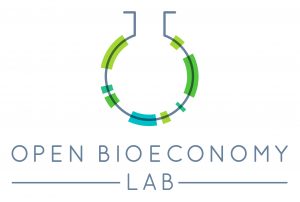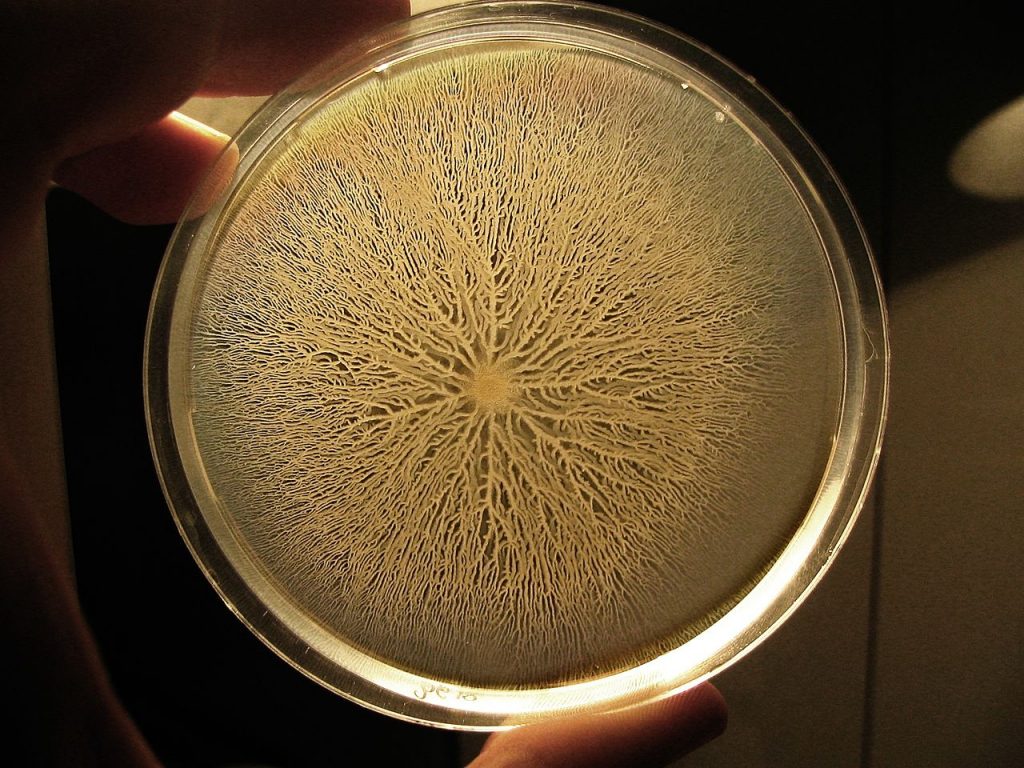During the COVID-19 pandemic, high demand for SARS-CoV-2 testing and a disrupted global supply chain has left many countries facing diagnostic shortages, including Europe and the US. However, those shortages are most acute in developing economies: leaving them unable to gather evidence for policies that best balance reducing COVID-19’s impact with preserving already fragile economies and livelihoods. Local production of diagnostics has been highlighted by multiple UN agencies and national governments as one solution to overcome the long-standing issue of inequitable access to scientific and diagnostics tools, which has been exacerbated and foregrounded by the pandemic. Even in countries where there is sufficient engineering capacity to build viral molecular diagnostics, the bottleneck is increasingly moved back up the supply chain to the importation of biological reagents at a scale and a cost that cannot sustainably be supported by fledgling national diagnostics companies.
Spores Against COVID is a new Ethiopia-Germany-UK partnership funded by the Volkswagen Stiftung that proposes an innovative solution to overcoming this bottleneck. It includes experts in spore display and synthetic biology from the Technische Universität Darmstadt, enzyme manufacturing researchers from the University of Cambridge and partners at the Ethiopian Biotechnology Institute where researchers are being taken to manufacture not only the biological reagents but all innovative hardware for incubation of reactions.
Spore display is a biomanufacturing method involving production of the target protein, in our case an enzyme, fused to another protein that forms part of the coat of the spore of Bacillus subtilis. Spores are a robust cell type that forms part of the Bacillus lifecycle. As the spore forms, the protein of interest is attached to the coat, facing the outside where it is accessible. Mature spores lyse the mother cell and can be collected by a simple centrifugation step and used directly in reactions, avoiding complex, time-consuming and costly downstream processing. As well as removal of downstream processing steps and storage of spores is easy as they can remain dry without a cold chain for prolonged periods of time. Bacillus subtilis is also recognised as a very safe organism and is Generally Recognized as Safe by the USA FDA which is advantageous to production in lower-resourced labs.
As of now, using spore display for diagnostic enzymes has never been shown and will enable de-skilled production and potentially storage without cooling chains. There remains much to investigate scientifically concerning the activity of various displayed enzymes, optimisation of the sporulating strain, the coat protein used for display, protein linker sequences used and other aspects of biotechnology design. Spores Against COVID will progress scientific understanding of the display and application of diagnostic enzymes. The general public will be direct beneficiaries of advances in bioproduction through increased availability of diagnostic reagents. Beyond COVID-19, the availability of low-cost, open source bioproduction processes for low-resourced contexts from the global South to innovative startups and SMEs is essential to democratisation of the bioeconomy.
Biological organisms are one of the most sustainable and efficient ways at our disposal to produce essential commodities in sufficient quantities to meet global demand and spore display has shown promise for production of biofuels, bioremediation, biopesticides, industrial biocatalysis and more (Guoyan et al., 2019). However, access to biotechnology is very unevenly distributed even at a time when its cost is decreasing. There are huge barriers to participation in the bioeconomy including inadequate supply chains which generate unaffordable biological tools and materials in emerging economies and a lack of autonomy for researchers in resource-constrained contexts to set their own research agenda to meet local challenges.
Our project makes spore display more accessible as a methodology for bioproduction which has immediate potential for impact in terms of diagnostics supply chains during the COVID-19 pandemic but in the longer term can be adapted to different applications and contribute the improving the situation described above for the benefit of science, society and the public good.


